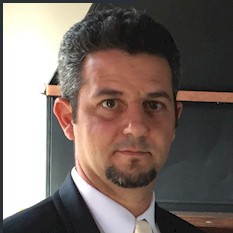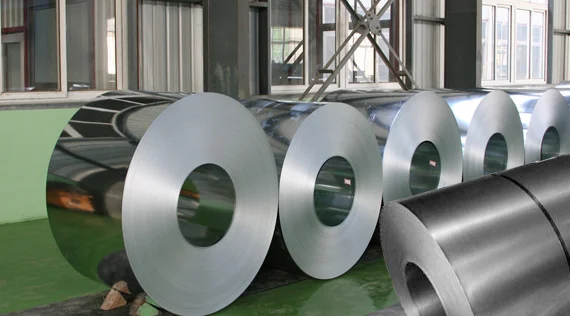Steelmakers Mull Building Electric Furnaces in US
Steel News | 2024-03-11 12:41:26
An electric furnace melts scrap metal with electricity, so emitts 80% less carbon than blast furnaces using iron ore and bituminous coal, the main culprit of greenhouse gas emissions.
SEATTLE (Scrap Monster): Steelmakers are considering building steel mills with electric furnaces in the US to survive the triple whammy of high tariff barriers, low emission requirements and severe price competition from Chinese competitors.
Hyundai Steel Co., South Korea’s No. 2 steel producer after POSCO Holdings Inc., recently made its green steel task force team (TF), a temporary in-house operation established to prepare for the decarbonization era, into a permanent division, according to industry officials on Sunday.
The division is studying whether to build a steel mill operating electric furnaces in the world’s largest steel market. No Korean steelmakers operate a blast or electric furnace plant there yet.
A Hyundai Steel official told The Korea Economic Daily that no specific decision has been made as to whether or not to construct a steel mill with electric furnaces in the US.
US TARIFFS
In 2018 during the Donald Trump administration, Washington introduced a 25% tariff on steel imports.
Since then, South Korea and Japan are allowed to export tariff-free up to 70% of their average export volume of the previous three years. They must pay a 25% tariff for an additional shipment.
However, the US tariff policy could work in their favor, if Trump, the likely Republican candidate, wins the November election.
During his presidential campaign, the former US president pledged to sharply raise the tariffs on Chinese steel products to over 60%.
If so, South Korean and Japanese steel producers are expected to avoid a price war with China, which is dumping steel products in overseas markets to make up for waning domestic demand.
CARBON TAXES
In addition to import tariffs, the US government has decided to levy a tax of $55 per ton of greenhouse gas emissions on 12 imported product items, including steel, starting this year. It is finetuning the details of the tax policy.
An electric furnace melts scrap metal with electricity, so emitts 80% less carbon than blast furnaces using iron ore and bituminous coal, the main culprit of greenhouse gas emissions.
Electric furnaces are also cost-effective. It costs about 500 billion to 1 trillion won ($380 million-$760 million) to build an electric furnace, much less than some 3 trillion won needed to construct a blast furnace.
However, quality could be an issue.
Because steel produced at electric furnaces is made from iron scrap, it contains more impurities than those from iron ore made at blast furnaces, so it cannot meet the qualifications for high-end materials such as automotive steel sheets. POSCO and Hyundai Steel are looking to solve the problem by mixing molten iron from a blast furnace with melted steel scrap to be used in electric furnaces.
Meanwhile, Instead of a greenfield investment in the US, Nippon Steel Corp., the world's fourth-largest steel company, chose a shortcut to foray into the US market.
In December last year, it agreed to acquire US Steel, the world's third-largest steel company, for $14.1 billion.
According to China Customs, China's exports of finished steel products amounted to 90.26 million tons in 2023, up 36.2% from the previous year.
Of the total, some 9.6% came to Korea. more than 10% cheaper than Korean products.
Courtesy: www.kedglobal.com
 By
By 